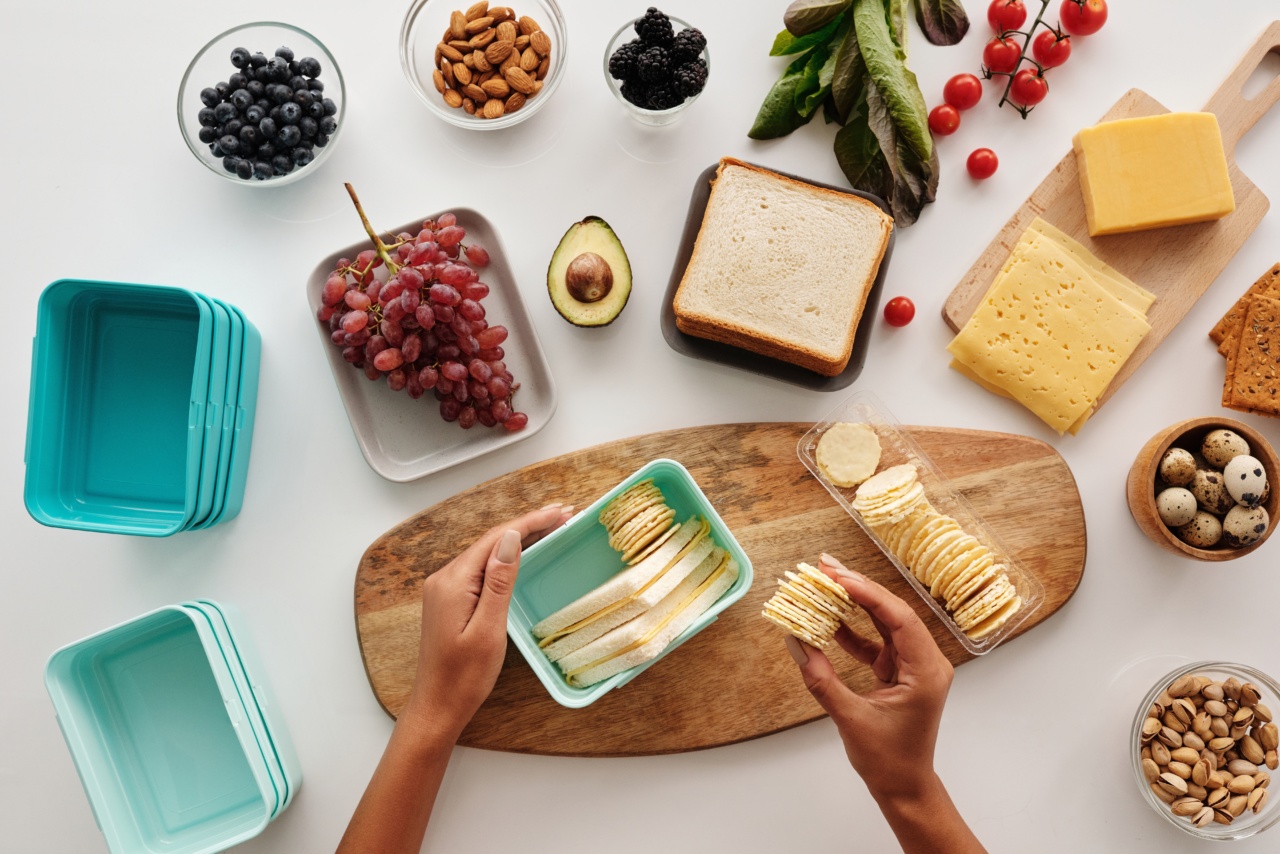The health of your gut is essential for overall well-being since this organ hosts millions of microbiota that play crucial roles in digestion, metabolism, and immunity.
The food you eat has a significant impact on the balance and diversity of your gut microbiome.
A diet rich in fiber, probiotics, and prebiotics can promote healthy gut bacteria and reduce inflammation, while a diet high in sugar, processed foods, and fats can disrupt the gut’s delicate ecosystem and lead to gut dysbiosis, leaky gut syndrome, and various chronic health conditions.
In this article, we’ll discuss seven foods that can help you maintain a healthy gut.
1. Yogurt
Yogurt is a fermented dairy product that contains live cultures of beneficial bacteria, such as Lactobacillus and Bifidobacterium, that can colonize the gut and improve digestive function.
These probiotics can also strengthen the immune system and reduce the risk of infections. However, make sure to choose plain, unsweetened yogurt without artificial flavors or additives to avoid extra sugar and calories.
2. Kefir
Kefir is a traditional fermented drink made from milk or water that contains a mix of bacteria and yeast strains.
Like yogurt, kefir is a rich source of probiotics that can balance the gut flora, alleviate digestive issues, and boost the absorption of nutrients. Kefir is also low in lactose and can be a good alternative for people who are lactose intolerant.
3. Kimchi
Kimchi is a Korean dish made from fermented vegetables, such as cabbage, radish, and scallion, seasoned with garlic, ginger, and chili pepper. Kimchi contains lactic acid bacteria that can enhance gut health and reduce inflammation.
Eating kimchi regularly has been associated with lower rates of metabolic syndrome, obesity, and cancer.
4. Sauerkraut
Sauerkraut is a traditionally German dish made from fermented cabbage and salt. Sauerkraut is a good source of probiotics and fiber and has been linked to improved digestion, immune function, and mood.
However, avoid buying sauerkraut that has been pasteurized or canned since this process can kill the live cultures.
5. Tempeh
Tempeh is a soy-based food that is fermented with Rhizopus oligosporus, a type of fungus. Unlike other soy products, tempeh is minimally processed and retains its natural nutrients, such as protein, fiber, and vitamins.
Tempeh is also a rich source of prebiotics, which are non-digestible fibers that feed the gut bacteria and stimulate the growth of beneficial species.
6. Whole Grains
Whole grains, such as brown rice, quinoa, oats, and barley, are rich in fiber, vitamins, and minerals, which can support the gut’s microbiome.
Fiber is essential for promoting regular bowel movements, reducing constipation, and keeping the gut lining healthy. Whole grains are also low in glycemic index, which means they don’t cause a rapid spike in blood sugar levels, reducing the risk of diabetes and obesity.
7. Berries
Berries, such as blueberries, strawberries, raspberries, and blackberries, are high in phytochemicals, such as polyphenols, that have anti-inflammatory and antioxidant properties.
These compounds can protect the gut from oxidative stress and damage, regulate the immune system, and improve gut motility. Berries are also low in sugar and can satiate sweet cravings without causing a sugar rush.
In conclusion, incorporating these seven foods into your diet can help you maintain a healthy gut microbiome and reduce the risk of gut-related conditions.
However, remember to combine them with a balanced and diverse diet, exercise, stress management, and adequate hydration for maximum benefits.






























